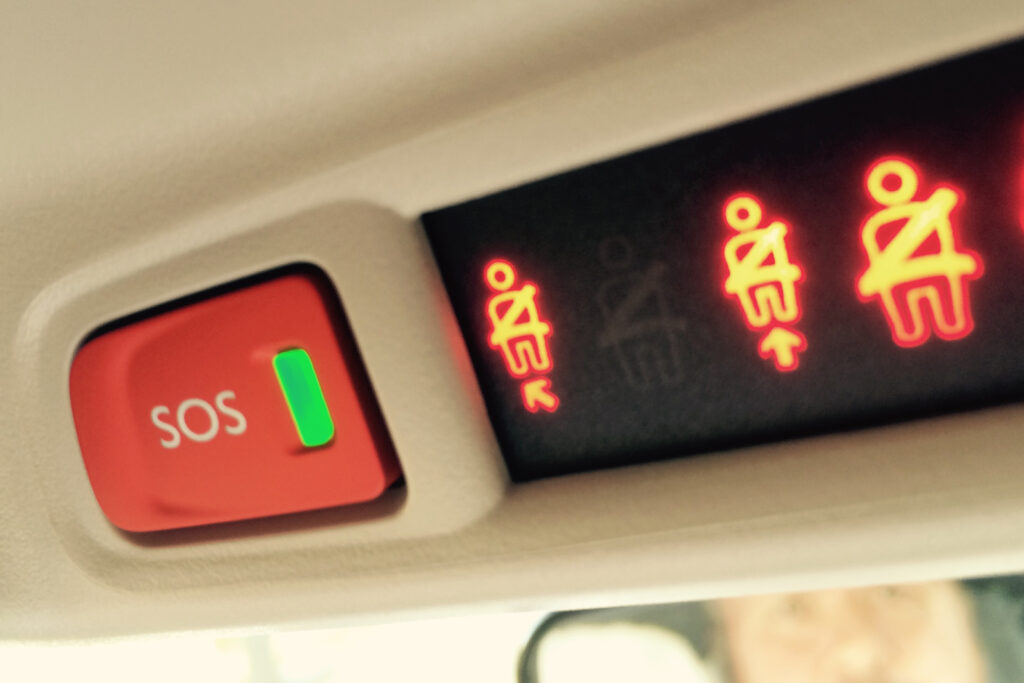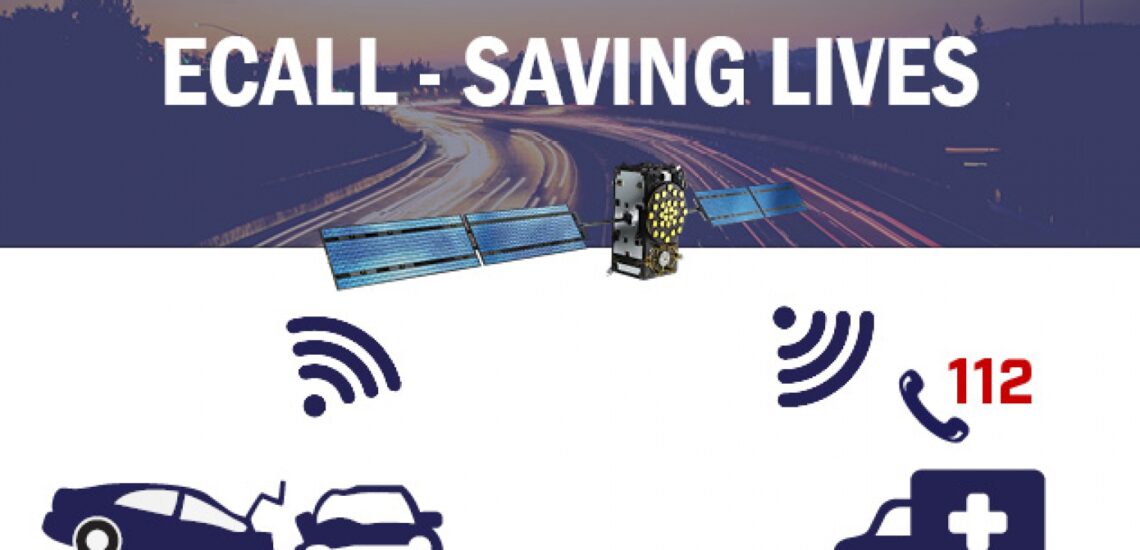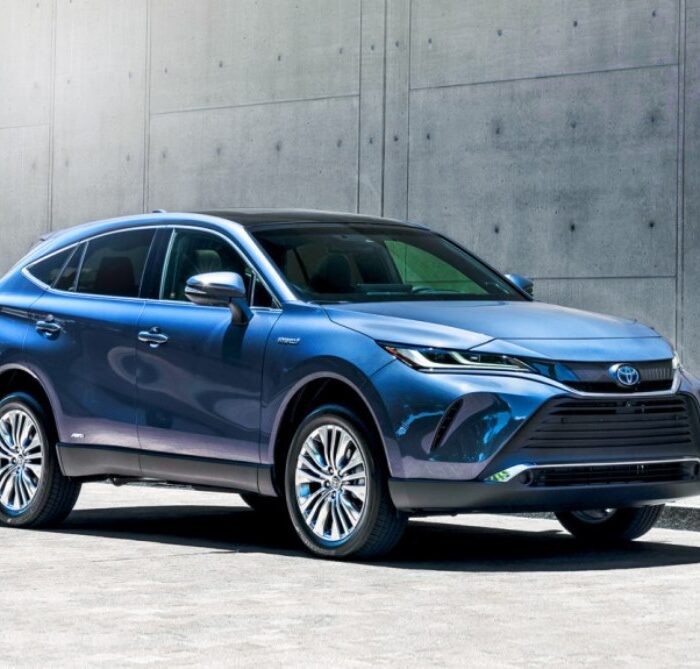eCall system: Can a car save your life?
The EU directive, called eCall, is due to enter into force in March 2018. According to the new rules, every new car sold in the EU countries must be equipped with eCall technology.
What is eCall?
According to the eCall initiative, every car sold in the European Union must be equipped with a device that sends automatic alerts about traffic accidents.
eCall alerts can be sent manually (the driver presses a special button in the car) or automatically (the device will independently send its coordinates to the emergency services and call the traffic police and ambulance). If the eCall device is activated, it sends a signal for help to the emergency services on the single European number 112. The device will make a voice call through the microphones in the cabin and send your exact coordinates so that emergency services can quickly arrive at the scene, even if there is no one nearby to call the ambulance.
According to experts, this technology will reduce the response time to emergencies by 40% in urban areas and by 50% in rural areas. As a result, the number of fatal accidents can be reduced by 4%, and the number of victims with serious injuries – by 6%.
The eCall device has nothing to do with the black box of the car, which records data on all car movements. eCall devices record and transmit information only when the driver activates them from the car or in the event of an accident. At this point, the device captures the minimum data. For example, the type of your car, its location and driving direction. The data is deleted automatically when it is no longer needed.
The installation of eCall devices is estimated to add about £70 more to the cost of the car, but this figure is expected to decrease in the future. It is also expected that these costs will be covered by automakers, and the service will be free for drivers.
When will eCall become mandatory?
The initiative will come into force on March 31, 2018, which means that all new cars sold after the adoption of the law must be equipped with eCall technology.

However, it seems that the infrastructure in the UK is not yet ready for this. And the closer the deadline for the implementation of the initiative is, the less progress is made. The population, in turn, has a vague idea of innovations.
Although some high-tech cars are already equipped with eCall, this system is rarely found in new cars today. The Vauxhall OnStar system or the Volvo On Call service are standard on some high-end models, and are an extra option on others.
In addition to making cars ready for changes, emergency call centers also need to make sure they can handle calls coming through the eCall system. The EU Commission has set a deadline (October 1) for emergency call centers (also known as PSAPs, or public safety answering points) to implement the eCall infrastructure in the field.
But will the system really be implemented?
But while the UK is lagging behind in implementing the eCall system, it looks like the EU initiative will not be fully implemented in March. Of course, the UK doesn’t intend to remain part of the European Union for long.
Despite Brexit, the UK still seemingly wants to implement eCall under the EU rules while it is still part of it. However, there have been no official reports on this topic, since the European Parliament voted to implement eCall in 2015. Then British Transport Minister Claire Perry said that she “doesn’t support this measure.”

But as long as the UK is a member of the European Union, it plays by its rules, so we can assume that the implementation of eCall will take place behind the scenes — without involving the public.






